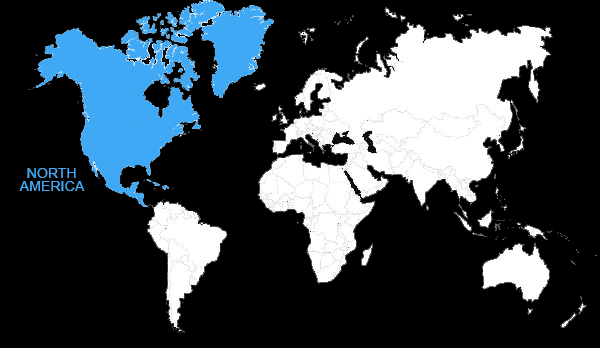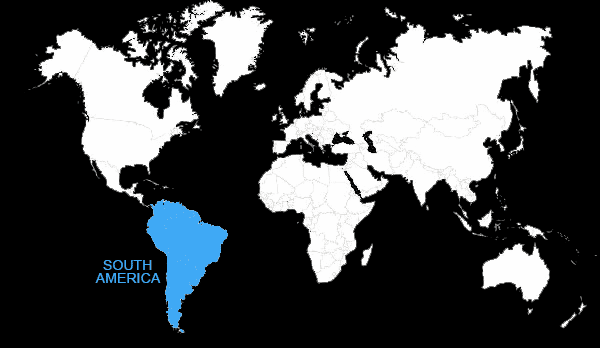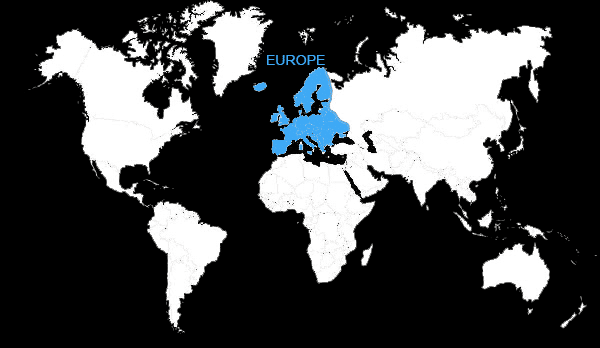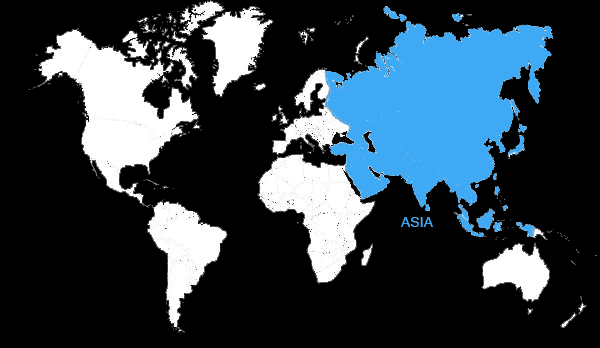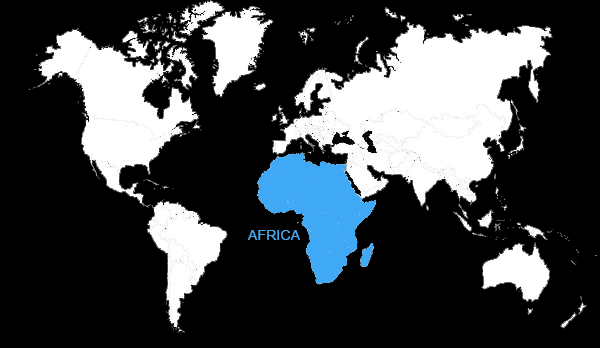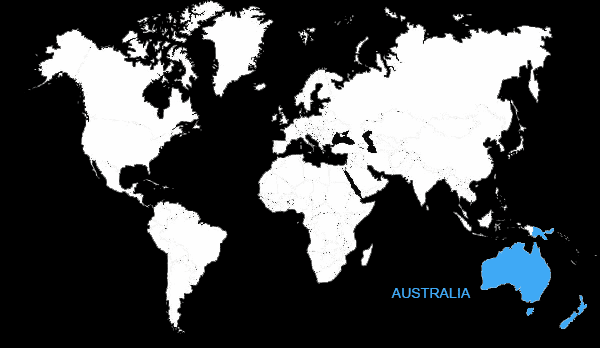Enyimba FC Tryouts
Enyimba Football Club or simply known as Enyimba, is a Nigerian football club based in the city of Aba. The club currently plays in the Nigeria Professional Football League (NPFL), the country’s highest level of professional club football.
Enyimba FC Youth Development System
Enyimba FC Recruitment Trials
At the time of this writing, there are no official publishings on Enyimba FC trials. Please come back at a later date while we monitor this club or click here to visit their official youth academy web page.

EXPLORE MORE CLUBS!
Explore more professional clubs by continent.
Enyimba FC History
Jerry Amadi Enyeazu, who at the time was serving as the first Director for Sports in the newly constituted Imo State, a province in southeast Nigeria, established the club in November 1976 as a state-owned club. Jerry Amadi Enyeazu founded the club. As a result of the additional division of Imo State that took place in August 1991, which resulted in the creation of the state of Abia from the portion of Imo that contained the city of Aba, the hometown of Enyimba, the new state government assumed ownership of Enyimba.
During the 1970s and 1980s, Enyimba had a difficult time making a significant impression on Nigerian football due to the dominance of established powerhouses such as Enugu Rangers, Shooting Stars, Bendel Insurance, and Iwuanyanwu Nationale, who were their local rivals. The inaugural season of the Professional League in 1990 marked the beginning of Enyimba’s ascent to renown.

Enyimba only managed to win five of their 30 games during their debut season in the premier division, finishing with a goal differential of 25–36. This resulted in Enyimba finishing 13th out of 16 clubs. They won eight games in the following season, but they still ended 15th with 36 points, which was only one point shy of escaping relegation behind Stationery Stores.
As a result, they were demoted to the second division for the 1992 season after finishing behind them. After that, Enyimba remained in the second level for the subsequent two seasons before winning promotion in 1993. They finished first with 29 wins out of 46 games, winning a record 96 points with a goal difference of 64–25, and they had the most goals scored and the fewest goals conceded among the 24 teams in the league.
After returning to the top division, they continued their run of outstanding results, and they finished the 1994 season in third place, behind BCC Lions and Shooting Stars. Unfortunately, they were eliminated from contention for the 1995 CAF Cup on the basis of goal difference. After a lackluster performance in 1995, they improved dramatically in 1996, finishing in fourth place. However, a string of poor results led to them just avoiding relegation on goal difference in 1997, and ultimately placing seventh in the 1999 season.
In 1999, when Orji Uzor Kalu was elected Governor of Abia State in the first democratic elections held in the country after several years of military control, the tides began to turn in Enyimba’s favor. These elections were held in Abia State. The next step that Kalu took was to make sure that the local team had ample finance, and he also nominated Felix Anyansi Agwu as the new chairman of the club. Felix Anyansi Agwu, in turn, chose Godwin Koko Uwa as the first coach for the club in the new era.
Uwa led Enyimba to their first Nigerian championship title in the 2001 season, as well as winning the Nigerian Super Cup in October 2001 by defeating Dolphins 2-0 in Maiduguri. The appointment soon returned results, with Uwa leading Enyimba to their first Nigerian championship title in the 2001 season. It was the beginning of a time in which Enyimba dominated the football scene in Nigeria when they won their first piece of hardware.
The People’s Elephant had their first taste of international football in August of 2001, when they were invited to play Internazionale at San Siro in a charity friendly. The match marked the return of Ronaldo after a 21-month injury layoff, and Enyimba was blown out 7–0 by Internazionale, with four goals coming from Christian Vieri.
The match was also the first time the People’s Elephant had participated in international football. In addition, the 2002 CAF Champions League was the first time they participated in a competition held on a continental scale. Since the club’s headquarters in Aba did not have access to a suitable playing field, all of their home games were played in Calabar, which is located nearby and serves as the state capital of the Cross River State.
After defeating Étoile Filante in the first round encounter 5–3 on aggregate, they were eliminated from the competition in the second round by the ASEC Mimosas of Côte d’Ivoire, who were the champions in 1998.

The defeat proved to be another turning point in the history of the club as it was the primary cause for the club’s rebuilding of what used to be a substandard playing pitch into the Enyimba International Stadium, a stadium with a capacity of 15,000 seats that is equipped with floodlights, an electronic scoreboard, and covered seating.
The stadium was later inspected by the CAF president Issa Hayatou and was officially approved for that year’s CAF Champions League matches. The club went on to win their second consecutive league title in 2002, and then became the first Nigerian club to win the continent’s premier international club competition in 2003 by defeating Ismaily of Egypt 2–1 on aggregate in the CAF Champions League matchup. This victory occurred under the direction of coach Kadiri Ikhana.
Additionally, this was the first time since the year 1996 that a club from Nigeria has made it all the way to the championship game of the competition. Several prominent players from Enyimba’s continental triumph in 2003 have since gone on to play for the national teams of Nigeria (Vincent Enyeama, Obinna Nwaneri, and Onyekachi Okonkwo) and the Benin Republic (Muri Ogunbiyi) After that, Enyimba successfully defended their title and went on to win their second consecutive African Champions League championship in 2004, defeating Étoile du Sahel in the finals of the competition.
Enyimba finished in second place in the national championship in 2004 (behind Dolphins), but in 2005, the club won both the national championship and the Nigerian Cup, becoming the first team in Nigeria’s history to accomplish this feat.
Enyimba FC Stadium
Aba, Nigeria is home to the Enyimba International Stadium, which serves as a multi-purpose venue. At the moment, football matches take up the most of its time, and Enyimba F.C. calls this location their home turf.

Following improvements in 2018, the stadium has a capacity of sixteen thousand spectators. Tenants Enyimba won multiple titles as Nigerian football champions throughout their tenure together.


